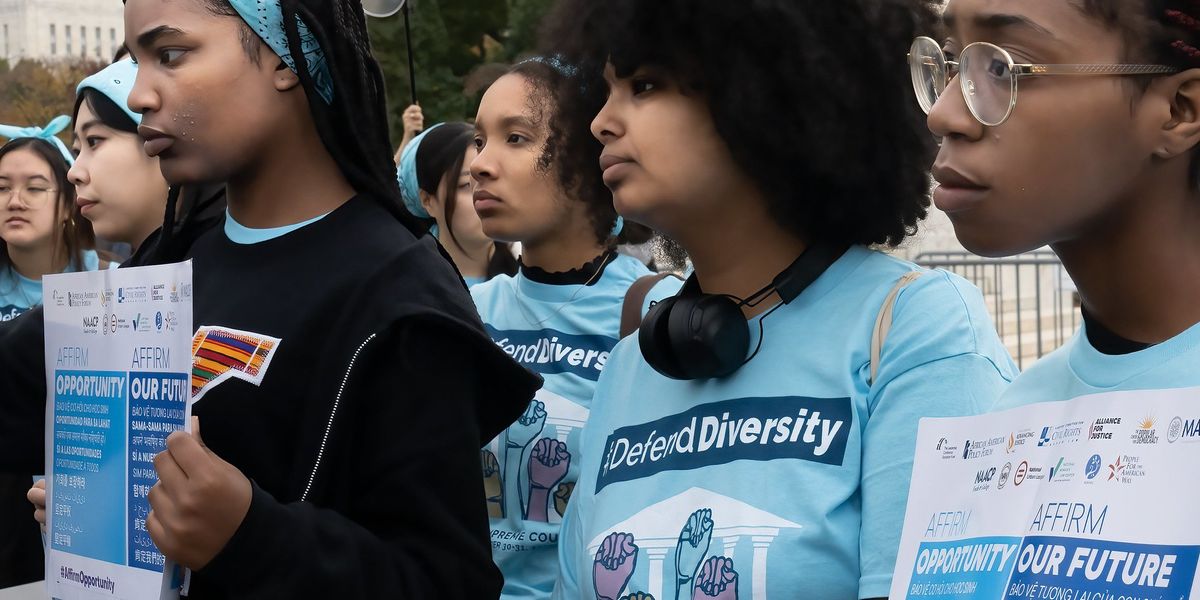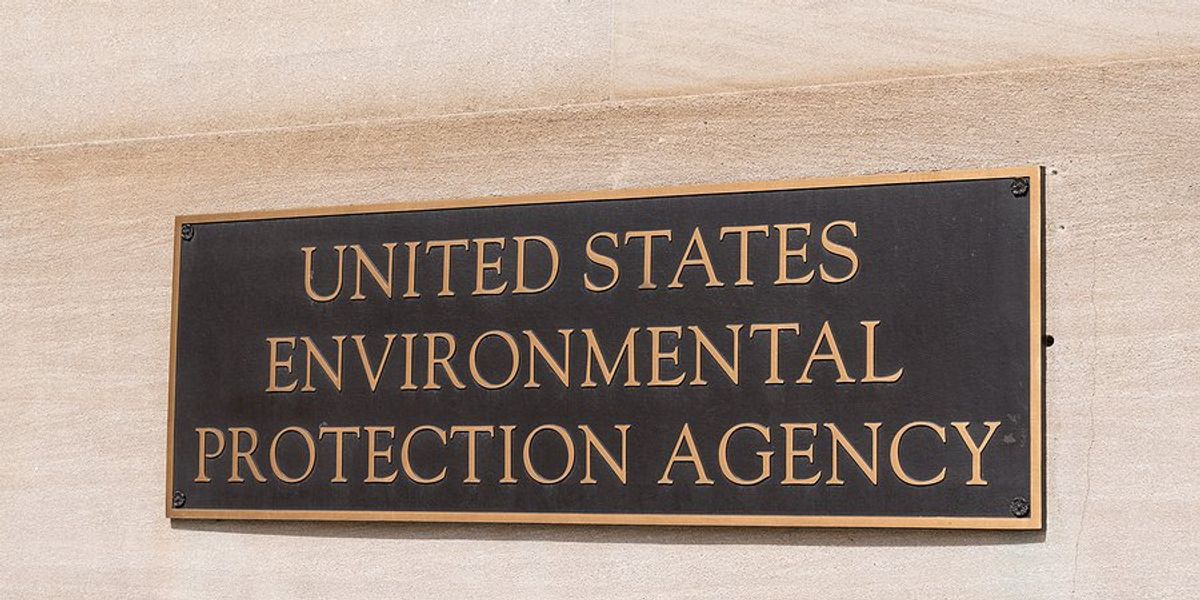
Opinion: The Supreme Court’s affirmative action ruling puts climate progress and leadership in peril
This radical reversal of social equity scaffolding poses a monumental challenge for environmental and climate justice.
As the world response to the climate crisis remains ‘pitiful,’ the Supreme Court of the United States (SCOTUS) has overturned affirmative action, representing the latest casualty to social equity and climate justice progress.
This win for white mediocrity, conjured-up grievances and structural racism granted by SCOTUS — an institution that seems to exist primarily to protect the rich and preserve unbridled capitalism, both of which co-constitute as the root cause of planetary destruction — is a huge loss for climate justice. SCOTUS is also an arguably fascist, undemocratic, deeply corrupt, pro-corporate (yes, including the liberal justices) and destructively neoliberal institution incompatible with modern democracy.
Radical reversal of social equity
This decision reverses the very modest movement, brought through affirmative action, toward racial equity in higher education in the United States. It bans consideration of race in college admissions, except when considering it to recruit racialized minorities as fodder for American imperial violence in the military (another destructive institution through its direct violence and outrageous climate contributions).
As Justice Ketanji Brown Jackson poetically puts in her dissent: “Racial diversity in higher education is only worth potentially preserving insofar as it might be needed to prepare Black Americans and other underrepresented minorities for success in the bunker, not the boardroom.”
Of course, in yet another death of irony moment, the historical affirmative action for white people, which has been the core of this settler colonial nation through legacy admissions and donor affiliations, was unquestioned.
This radical reversal of social equity scaffolding poses a monumental challenge for environmental and climate justice, especially from a leadership perspective. Historically marginalized Black, Indigenous, and other people of color (BIPOC) communities face some of the biggest climate and environmental injustices across the social and structural determinants of health spectrum.
Despite overwhelmingly disproportionate racial and health inequities stemming from the climate crisis borne by BIPOC communities and repeated calls for diverse leadership in the environmental justice movement, the challenge of centering the voices of those at the margins in decision-making leadership capacity remains a stain on the environmental justice movement. For instance, BIPOC leaders represent only 20% of environmental organizational heads and constitute less than a quarter of their board memberships. These statistics are equally egregious within universities, including environmental health sciences and public health, where 80% of full professors are white compared with just 3% identifying as Black. Of course, it is critical to think about these challenges within the broader elitist context of academia, where nearly 80% of the faculty come from 20% of the elite institutions. For instance, at my alma mater and one of my current affiliations, Harvard University — an institution that defines the elite hubris, coloniality of knowledge and monopoly over knowledge systems — a shameful 1.2% of tenured faculty are those who identify as Black females (I believe the data was collected on sex and not gender). This is where we stood with affirmative action. Let that sink in. The SCOTUS decision is bound to make this exponentially worse.
Beyond diversity
Diversity, beyond performative checkboxes that only serve to placate liberal impulses without material changes, is not the outcome of affirmative action. It allows for a pluralistic worldview, leading to equitable policies and programs, inclusive decision-making and progress on our climate and environmental justice journey. Diversity is not a metaphorical aspiration. It is a material commitment of any egalitarian society committed to ensuring ‘Life, Liberty and the pursuit of Happiness’ for all its citizens — especially within the climate injustices context.
Platitudes and policy crumbs such as the ones served by the current administration remain grossly insufficient to meet the enormous challenges of racial equity and climate leadership, an issue the Biden administration has grossly fallen short of. Of course, solutions, with their pros and cons — some with many — exist, such as adversity scores, supporting HBCUs and learning from institutes where race-conscious decisions had been banned, among others. However, in this deregulatory ‘free-market’ fantasy, the onus is left on the individual higher education institutions: corporate entities interested in the bottom line with a storied history of being on the wrong side of history.
The time for cruel indifference, platitudes and the delusions of an apolitical, secular society is over. Time for fetishizing bipartisanship as some moral virtue is over. It is time to shed the reductive politics of always having to pick the ‘lesser evil’ and the leaders who profess to care for climate justice but whose best pitch is ‘I am better than the abyss.’ I invite readers to think about what moral, political legitimacy is left if our litmus test is ‘at least I am not a fascist like those other guys’ — to deliver on the existential threat of climate change.
It is time to get past our inertia and remember that the path to fascism is paved by incremental injustices, one policy at a time. We must demand more and make our political and institutional leaders earn our support through actions that center social equity and will allow us to move toward climate solutions and justice representative of the vibrancy and plurality of human existence.














